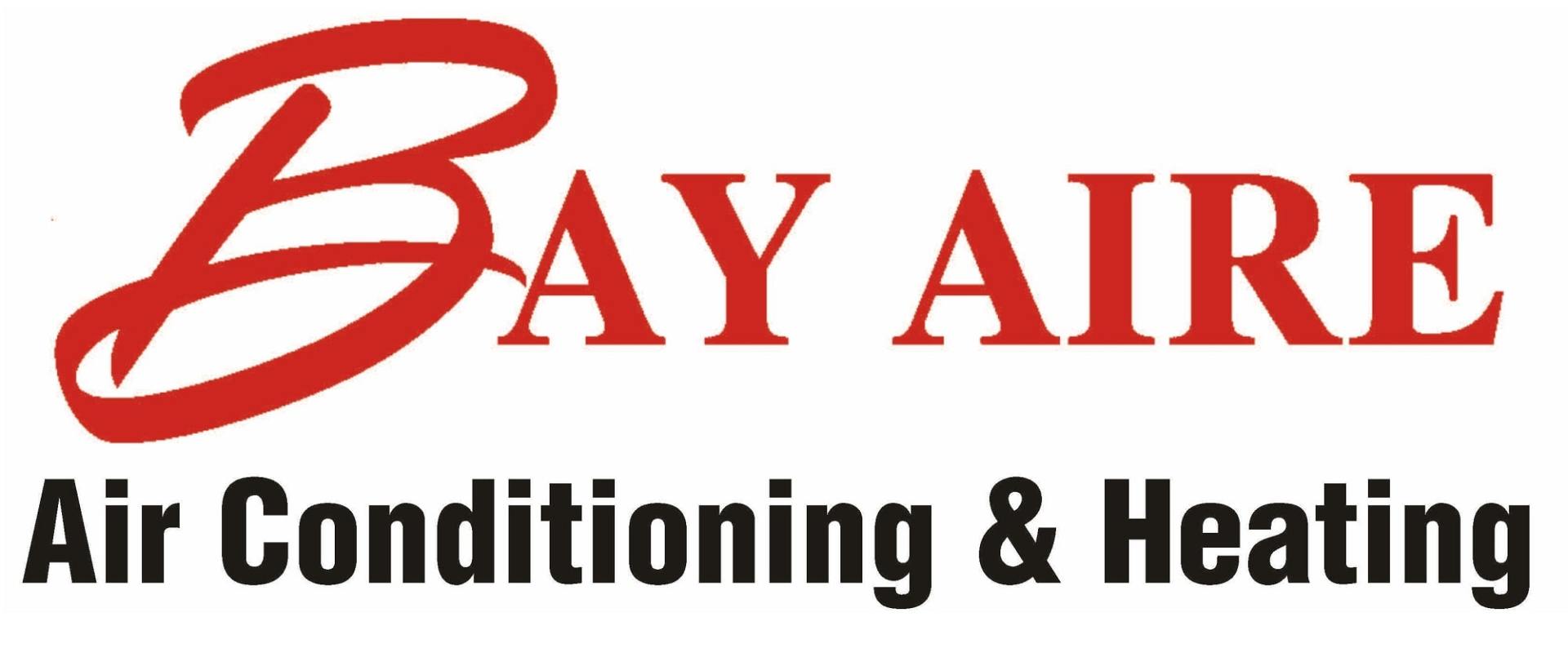CONSUMER EDUCATION
CARBON MONOXIDE
Carbon monoxide is an odorless gas, slightly lighter than air. It is highly toxic to humans and animals. In closed environments the concentration of carbon monoxide can easily rise to lethal levels. Products that can emit carbon monoxide include malfunctioning fuel-burning appliances such as furnaces, ranges, water heaters and room heaters; engine-powered equipment such as portable generators; fireplaces; and charcoal that is burned in homes and other enclosed areas; and cars left running in attached garages.

RELATIVE HUMIDITY
Relative humidity makes us sensitive to humid air because the human body uses evaporative cooling (sweat) as the primary mechanism to regulate temperature. Under humid conditions, the rate at which perspiration evaporates on the skin is lower than it would be under arid conditions. Because we feel heat transfer from the body before we feel the temperature of the atmosphere, we feel warmer than the temperature when relative humidity is high.
AIRBORNE ILLNESSES
Airborne illnesses are caused by pathogenic microbial agents and transmitted through the air. They are discharged through coughing, sneezing, laughing or though close personal contact. These pathogens ride on either dust particles or small respiratory droplets and can stay suspended in air and are capable of traveling distances on air currents.
COOLING AND HEATING COSTS
Cooling and heating costs take up to 45% of the average family's utility bill. One dollar ($1.00) out of every $5.00 spent on cooling and heating is lost due to leaks in duct systems in new houses. Heating Efficiency: Furnaces are rated by the Annual Fuel Utilization Efficiency (AFUE) ratio, which is the percent of heat produced for every dollar of fuel consumed. AFUE works a lot like the miles-per-gallon rating on your car-- the higher the rating, the lower your fuel costs. Cooling Efficiency: The measure for the efficiency of air conditioners and heat pumps is the Seasonal Energy Efficiency Ration (SEER), which compares cooling output to electrical consumption over a range of temperatures. The higher the SEER, the less the unit will cost to operate.
FILTER CHANGES
Filter changes are one of the most important things you can do to keep your comfort system operating at peak efficiency. It will also reduce dust, allergens and odors in the air. Most comfort systems benefit with a monthly filter change. Certain specialty filtration systems require filter changes based on manufacturer recommendations. However, it is important to know exactly how often your filter should be changed and to keep a record of the filter changes and emergency contact information nearby in the event you need service in extreme weather conditions.






